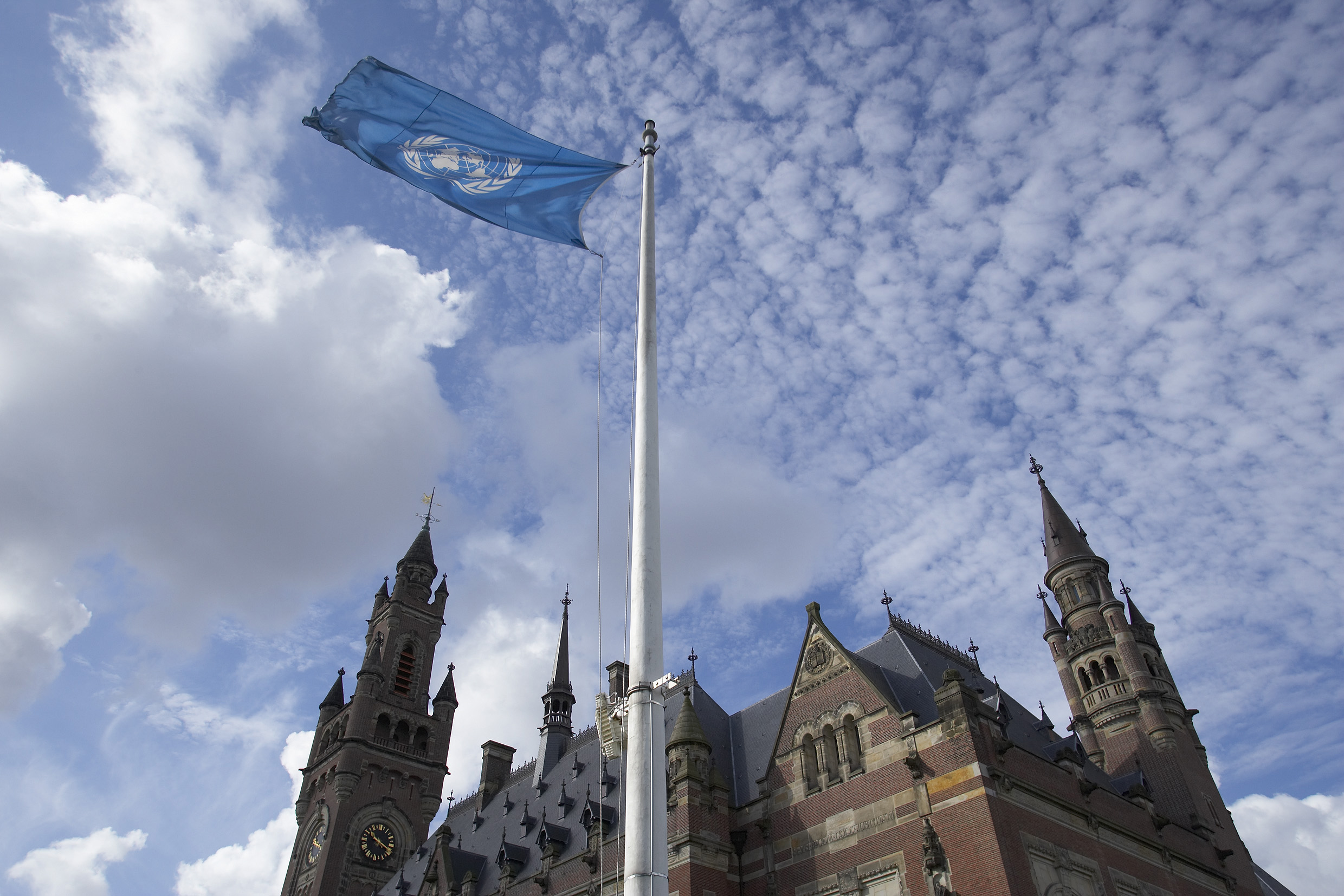In the Declaration of the High-level Meeting on the Rule of Law, Member States reaffirmed their duty to settle international disputes by peaceful means, inter alia through negotiation, enquiry, good offices, mediation, conciliation, arbitration and judicial settlement, or other peaceful means of their own choice
Established in June 1945 by the Charter of the United Nations, the ICJ is the principal judicial organ of the United Nations. The Court’s role is to settle, in accordance with international law, legal disputes submitted to it by States and to give advisory opinions on legal questions referred to it by authorized United Nations organs and specialized agencies.
The ITLOS is an independent judicial body established by the 1982 United Nations Convention on the Law of the Sea (UNCLOS) to adjudicate disputes arising out of the interpretation and application of the Convention between States Parties. There are 167 States Parties to the Convention.

